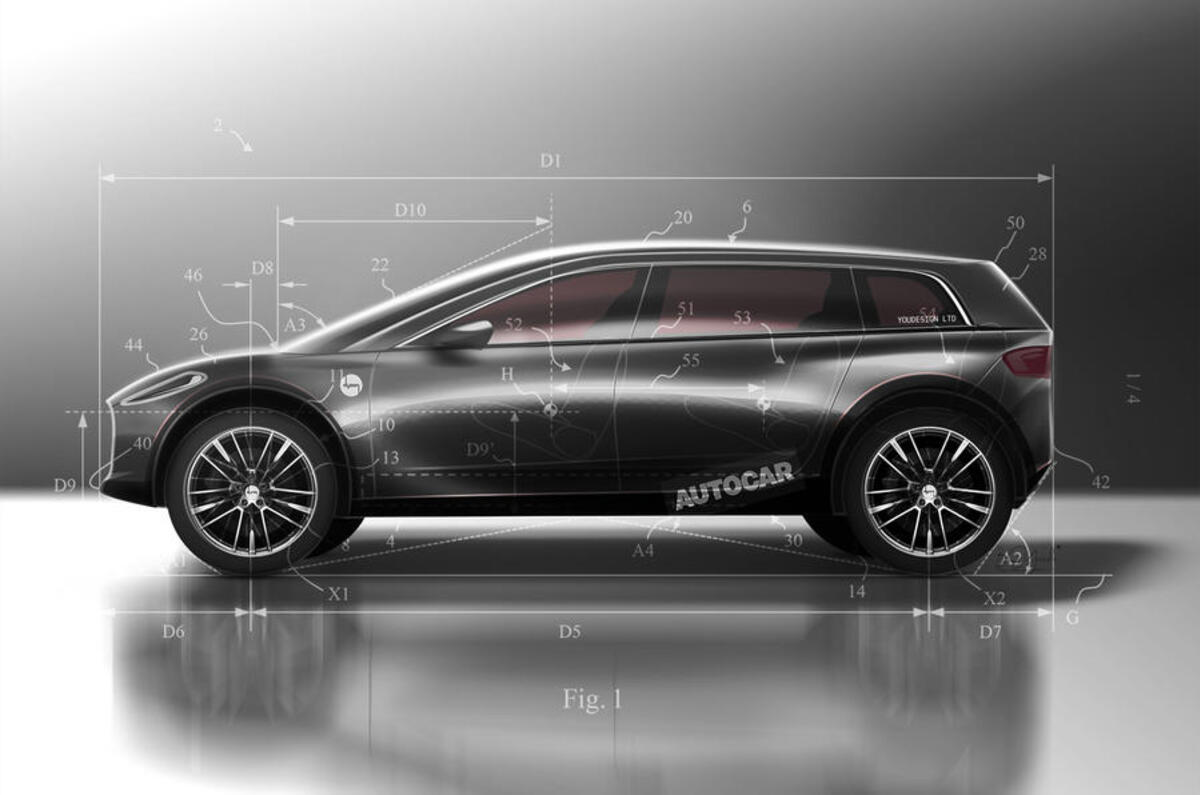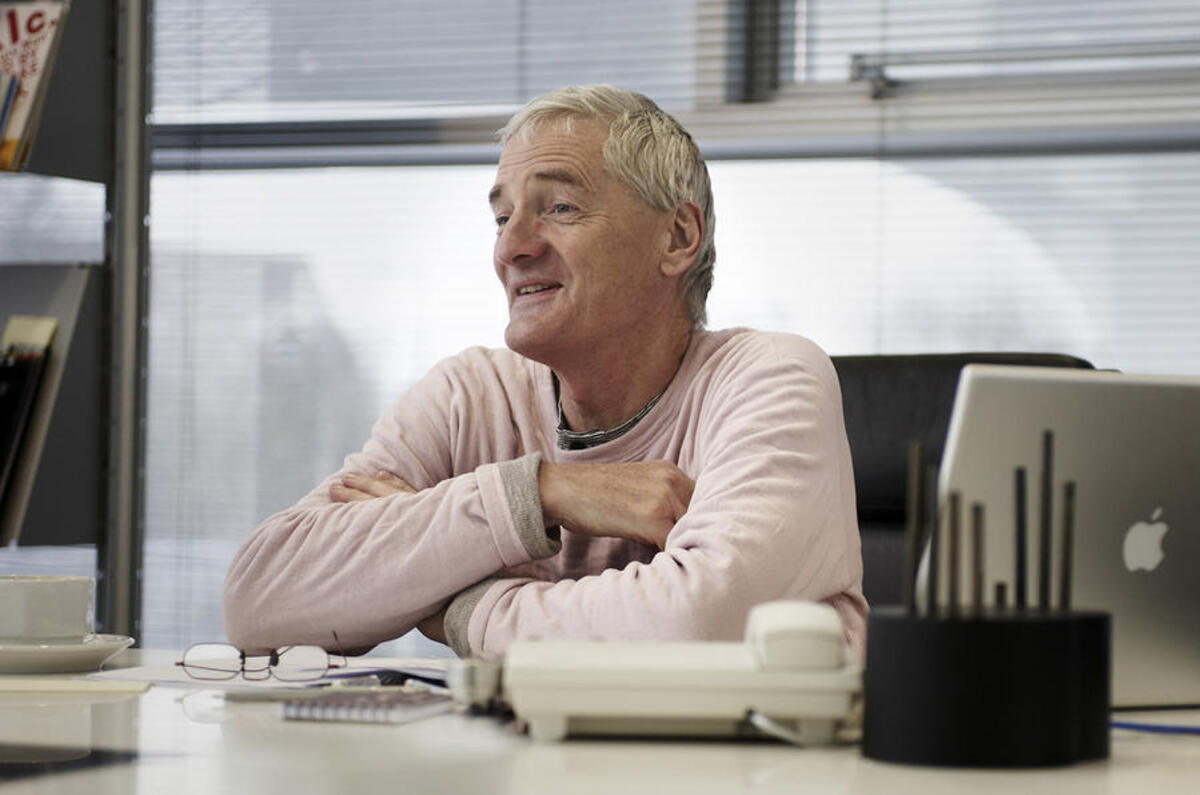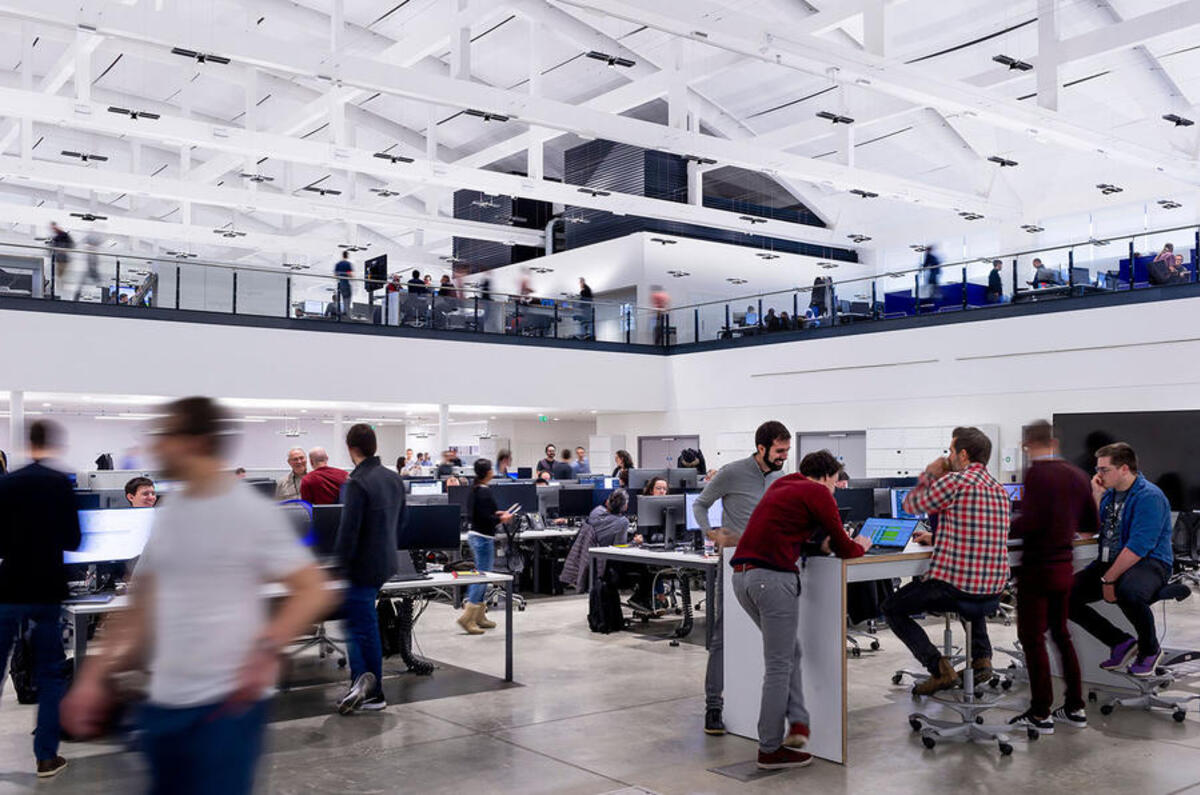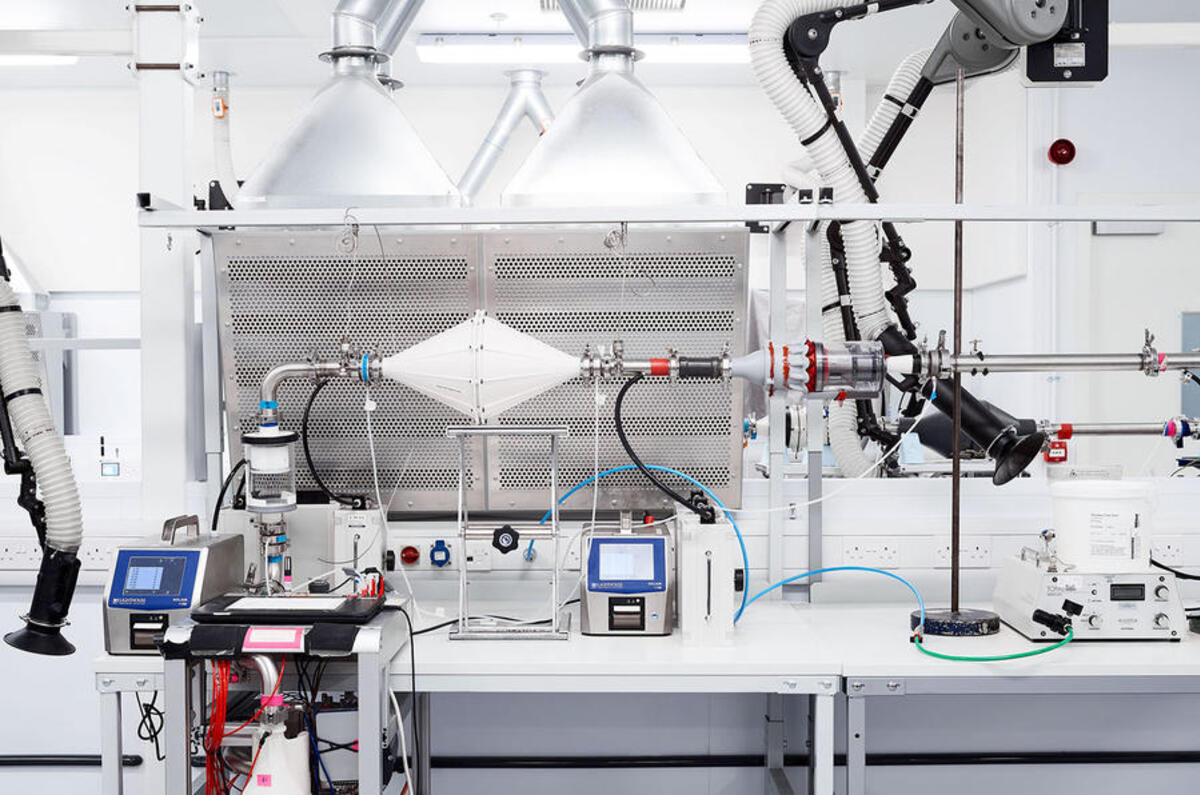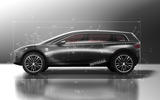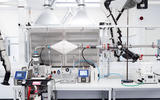Dyson has scrapped plans to build what it called a "ground-breaking" electric vehicle, because it doesn’t feel that the project can be commercially viable.
The British firm had established a new Dyson Automotive division that was developing the car, a large crossover-style premium EV saloon, ahead of a planned launch in 2021. Billionaire inventor James Dyson had vowed that new technology and design methods would make it stand apart from every other electric vehicle.
The firm had committed £2.5 billion into technology including the car project. The design and development of the machine was being undertaken by a staff of just over 500 workers at a facility in Hullavington. It is understood the firm already had a working version of the car at the facility.
But in an email to staff, Dyson confirmed that the automotive project was being closed. He said the team “has developed a fantastic car; they have been ingenious in their approach while remaining faithful to our philosophies. However, though we have tried very hard throughout the development process, we simply can no longer see a way to make it commercially viable.”
It is understood that Dyson’s board considered the troubles of EV start-ups such as Tesla and Nio to make money from selling cars, and the speed with which mainstream car firms were moving into the electric car market, as reasons for the decision.
The firm had been planning to produce the car at a new factory in Singapore, and was shortly due to start on the hugely capital-intensive project of developing and tooling up that site. Dyson added that the firm did go through “a serious process to find a buyer for the project which has, unfortunately, been unsuccessful so far.”
Although the car project has been stopped, the firm says it remains committed to the £2.5bn technology investment, which will be spent on further developing the IP and technology that was set to underpin the car. That includes continued investment in robotics, manufacturing techniques and, in particular, solid-state battery technology. It is understood that Dyson is open to licensing some of the technology it develops to other firms.
Dyson said the technology it is developing will “offer us significant opportunities which we must grab with both hands.”
He added: “Our battery will benefit Dyson in a profound way and take us in exciting new directions. In summary, our investment appetite is undiminished and we will continue to deepen our roots in both the UK and Singapore.”
The firm hopes that as many staff working on the car project as possible will be given roles elsewhere within Dyson, working on the firm's existing home products.
Dyson said: “This is not a product failure, or a failure of the team, for whom this news will be hard to hear and digest. Their achievements have been immense – given the enormity and complexity of the project.”
He added: “Since day one, we have taken risks and dared to challenge the status quo with new products and technologies. Such an approach drives progress, but has never been an easy journey. The route to success is never linear.
“This is not the first project which has changed direction and it will not be the last. I remain as excited about the future of Dyson as I have always been. Our ambitions have never been higher, our ability to invest has never been greater, and the team has never been stronger.”
Read more
Dyson electric car: new patents show mould-breaking design
Dyson electric car: ex-Infiniti boss to head up EV operations
James Dyson: why we’re building an electric car

